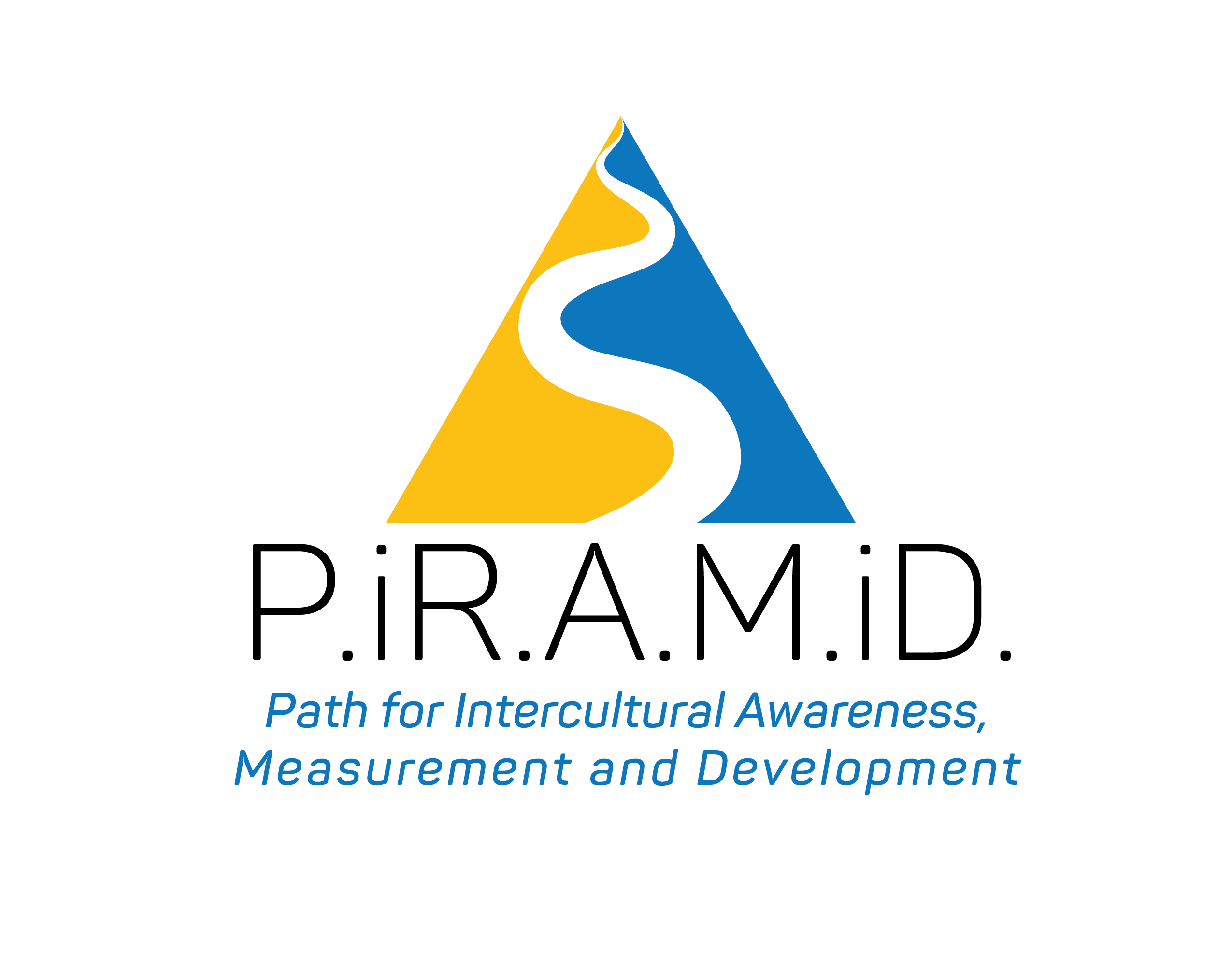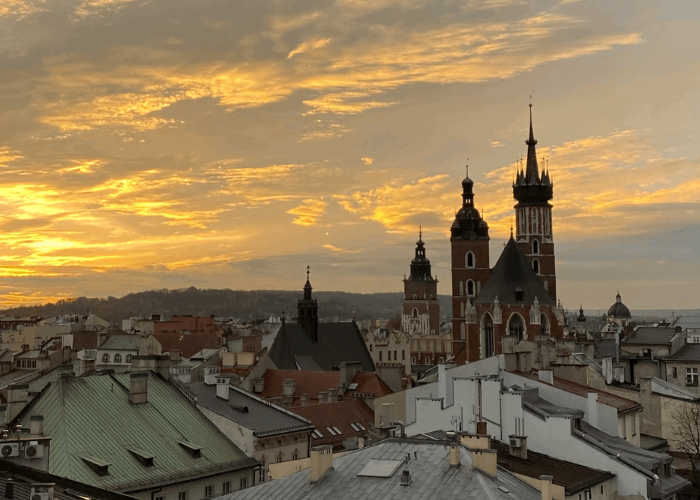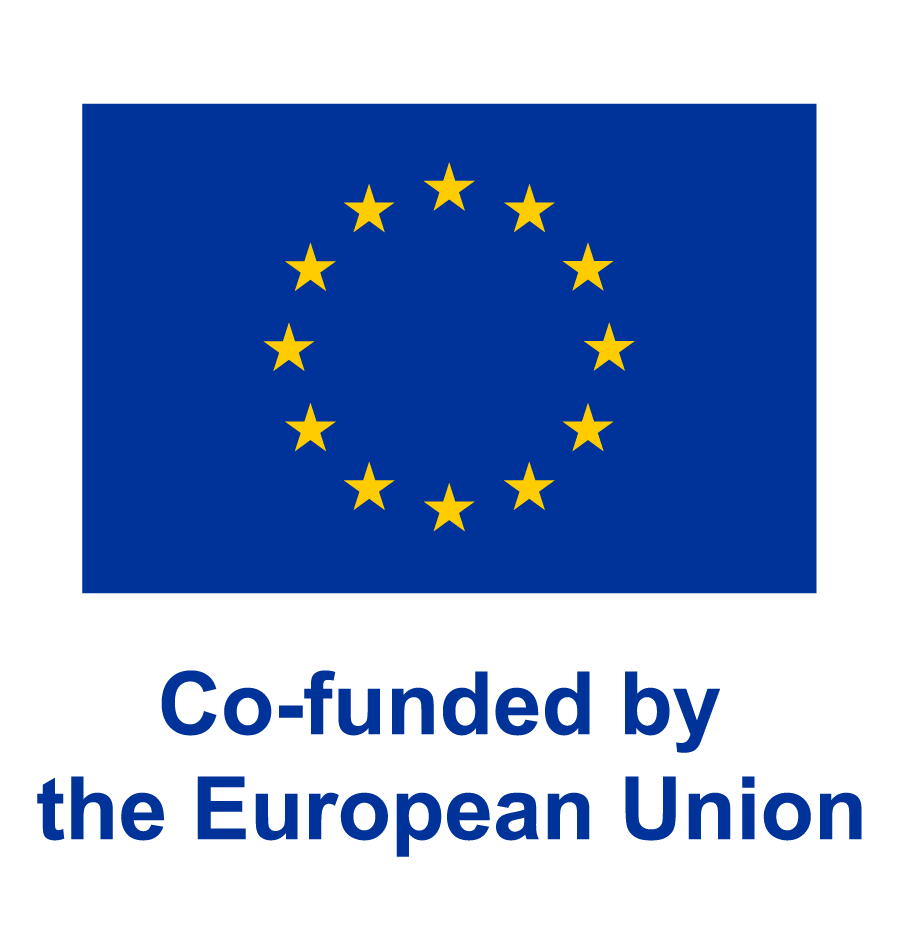This website use cookies to ensure you get the best experience on our website

P.IR.A.M.iD
2023-1-ES01-KA220-VET-000157060
Polish culture: A blend of tradition and modernity
28 October 2024

Polish culture, as described in When Cultures Collide by Richard D. Lewis, is deeply shaped by Poland’s turbulent history, unique geographical position, and a strong connection to Roman Catholicism. Positioned at a crossroads between the East and West, Poland has served as a protective barrier against invasions, particularly those from expansionist Russian and German empires. This defensive role, shaped by centuries of invasions, has fostered a spirit of resilience and a national identity centred on survival and cultural perseverance. Medieval Poland viewed itself as a defender of Catholicism and Western values against threats from the East. The country has faced numerous invasions and occupations, which have reinforced a “defensive nationalism” closely linked to its religious identity. For Poles, Roman Catholicism has long been more than just a faith. It has been a cornerstone of national identity, providing unity and resilience against oppression.
Although younger generations of Poles are becoming less religious and increasingly adopting Western values, their mindset continues to be shaped by this rich cultural heritage. Poland today reflects a division between modern lifestyles and traditional values, with many young people navigating the complexities of these contrasting influences. While some embrace contemporary ideals and global perspectives, others hold fast to the customs and beliefs that have defined Polish identity for centuries. This cultural dichotomy creates a dynamic societal landscape where the tension between innovation and tradition often sparks meaningful dialogue and debate, ultimately enriching the Polish identity as it evolves in the modern world.
Poles have a unique approach to time that is not bound by punctuality in the German sense. While they value respect for others' time, Polish society does not operate in a strictly time-dominated manner. Many Poles arrive slightly late to events, reflecting a cultural flexibility around schedules that emphasises relationships and present moment engagement over rigid timing. Time is important, but it is secondary to the immediate realities of connection and conversation.
Polish communication is rich and varied, balancing between pragmatism and a poetic, often sentimental approach. Poles sometimes speak directly and pragmatically, yet they also bring metaphor, allusion, and subtle ambiguity into conversation, giving their communication an enigmatic quality. Irony, satire, and indirect expressions can carry as much meaning as direct words, making this nuanced style a powerful tool for conveying complex ideas and emotions.
Poles also possess a keen sense of humour, which is often perceived as "unserious" by other Slavs. Polish behaviour mirrors their communication, shifting between pragmatic and sentimental responses. Generally friendly and adaptable, Poles respond warmly to respect, yet they react strongly when faced with perceived injustices. This assertiveness, especially in defending against insults or unfair criticism, reflects a deep-seated pride and defensiveness rooted in their history of oppression.
Polish culture is filled with paradoxes that reveal a complex national character. Poles highly value practicality while also being deeply romantic and sentimental. They exhibit both fierce patriotism and genuine hospitality toward others. A well-known Polish saying, “Gość w dom, Bóg w dom” translates to “Guest in the house, God in the house.” This reflects not only Polish hospitality but also the country’s deep Catholic roots, highlighting the importance of welcoming others with open arms. These values foster strong personal connections and a sense of community, as Poles navigate relationships with warmth and openness, blending tradition with modern influences. Their communication and behaviour embody an ongoing balance between reason and emotion, historical memory, and present-day engagement. This distinctive fusion of tradition and modernity profoundly shapes the identity of Poland and its people, resulting in a society that is both resilient and adaptable. As Poland navigates the delicate balance between its rich heritage and contemporary influences, it emerges as a nation characterised by its complexities and contradictions.
References: Richard D. Lewis, “Poland” in: When cultures collide: Leading across cultures 3rd ed. Nicholas Brealey International, 2006, pag. 282-288

This project has been funded with support from the European Commission.
This publication reflects the views only of the authors, and the Commission cannot be held responsible for any use which may be made of the information contained therein.